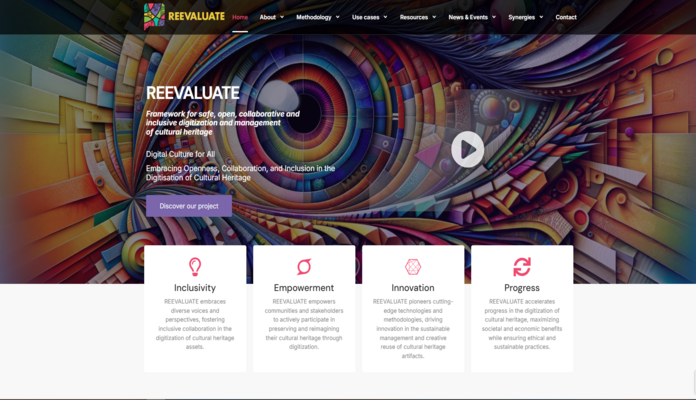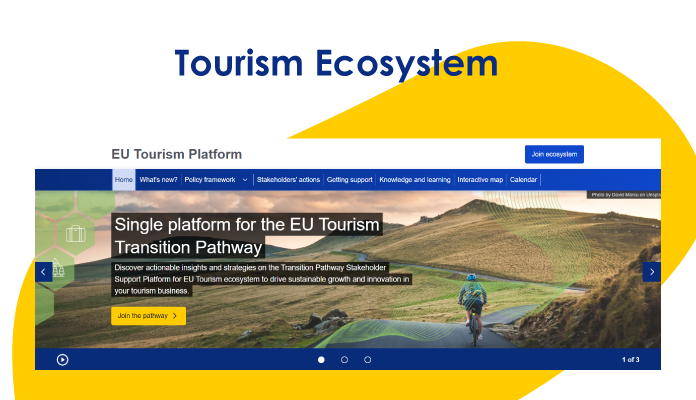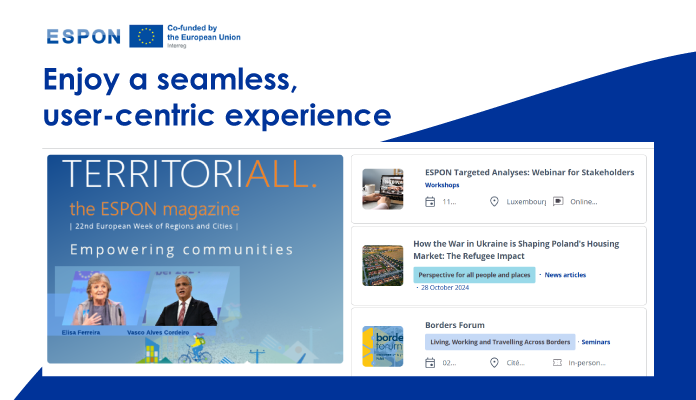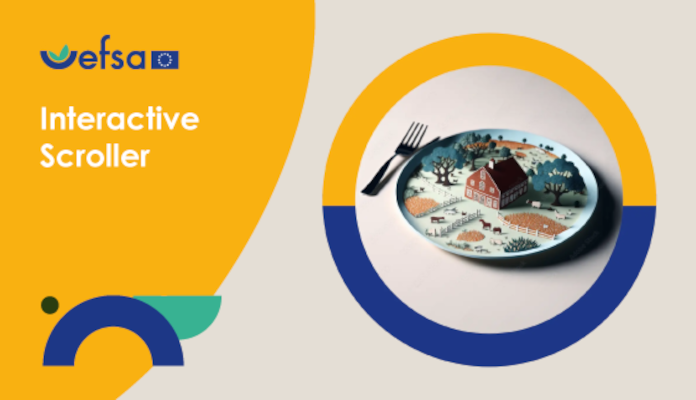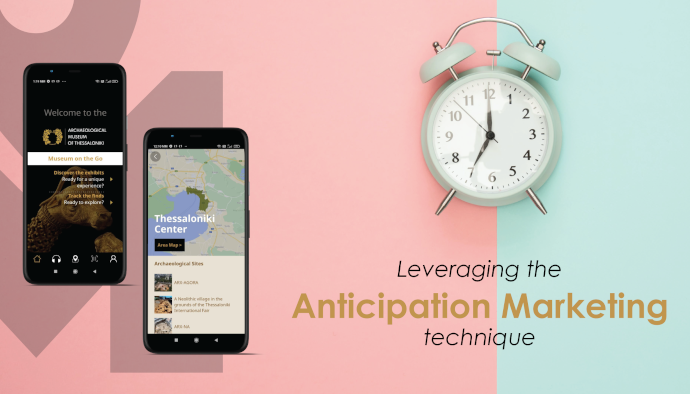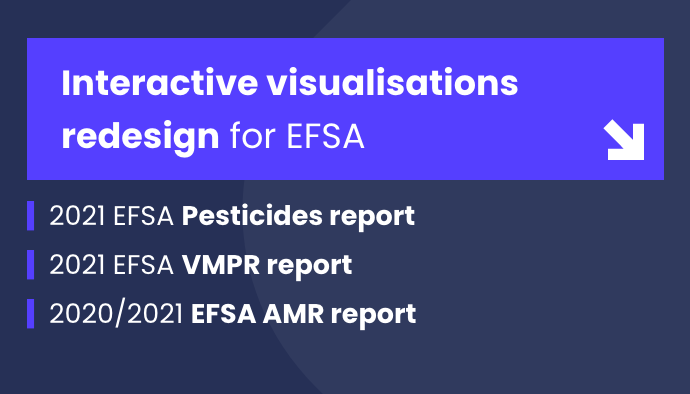Client
The European Commission – Horizon Europe Programme

About the client
Horizon Europe is the EU’s flagship programme for research and innovation, funding projects that support Europe’s transition towards a digital, green, and inclusive future. Within this framework, the REEVALUATE project brings together leading cultural heritage institutions, researchers, and technology providers to develop tools that make cultural heritage digitization safer, more inclusive, and more transparent. REEVALUATE contributes to Europe’s broader vision of sustainable digital transformation by empowering institutions and citizens alike
Deliverable
Public Sensing Prioritization Enabler (PSPE)
About the deliverable
A fundamental challenge in cultural heritage is deciding which artefacts to digitize first. These decisions are often made internally, based on curatorial expertise, urgency of conservation, or institutional priorities. While these methods are essential, they can overlook artefacts with deep community relevance or contemporary cultural resonance.
The Public Sensing Prioritization Enabler (PSPE) addresses this challenge. Designed as part of REEVALUATE, it gives citizens a voice in digitization planning by capturing and analyzing public interest. The tool combines direct engagement campaigns with ambient analysis of online trends, offering a hybrid, data-driven approach that reflects both expert judgment and community input. This approach makes digitization more democratic, transparent, and responsive to society’s evolving cultural values.
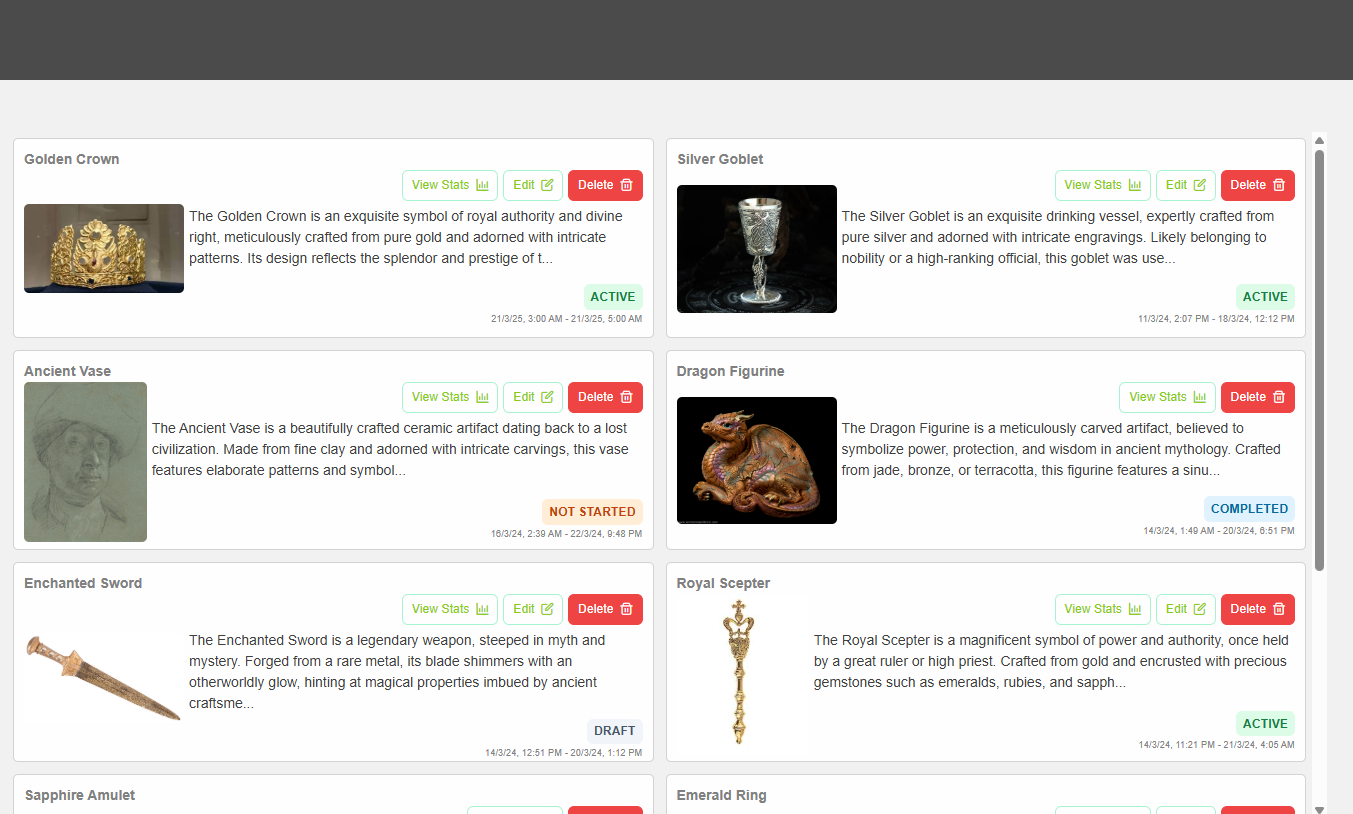
HYPERTECH’s Contribution
HYPERTECH leads the design and development of the PSPE, ensuring it is both technologically robust and user-friendly for curators and institutions. Our role in the development of this enabler includes:
- Campaign creation tools: Allowing museums and heritage organizations to easily design and launch campaigns in social media that showcase artefacts to the public.
- Passive prioritization: Integrating gamification strategies for the curator to select from contests, challenges, and rewards, to make participation engaging and meaningful.
- Gamification: Providing curators with clear metrics and insights into campaign performance, public sentiment, and engagement levels.
- Interoperability: Ensuring the PSPE can be integrated with other REEVALUATE enablers, including the Marketplace, where prioritized artefacts will gain visibility and reuse opportunities.
In addition to developing this enabler, HYPERTECH plays another significant leadership role within REEVALUATE. We coordinate the Communication, Dissemination, and Exploitation Work Package and act as the project’s Exploitation Manager. This means we not only deliver the technology but also ensure that the project’s results are widely promoted, adopted, and sustained beyond the project’s lifetime.
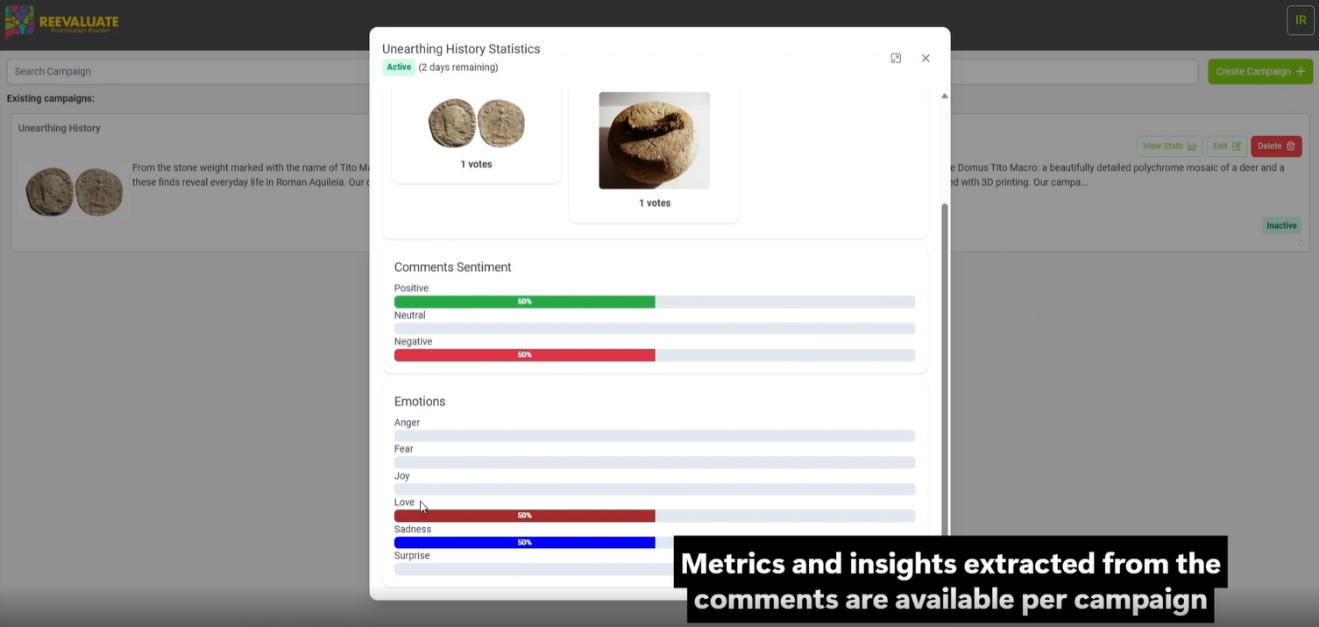
Key Features and Functionalities
- Active prioritization: Cultural institutions launch campaigns on social media, inviting audiences to react, comment, and share their preferences.
- Passive prioritization: The tool monitors public discussions and online engagement, identifying artefacts already attracting interest.
- Hybrid insights: Merging both approaches, curators receive a comprehensive picture of societal interest.
- Gamification: Participation is encouraged through rewards and contests that connect cultural institutions with their audiences in engaging ways.
- Decision support: Visual dashboards provide curators with aggregated insights, supporting more transparent and participatory prioritization.
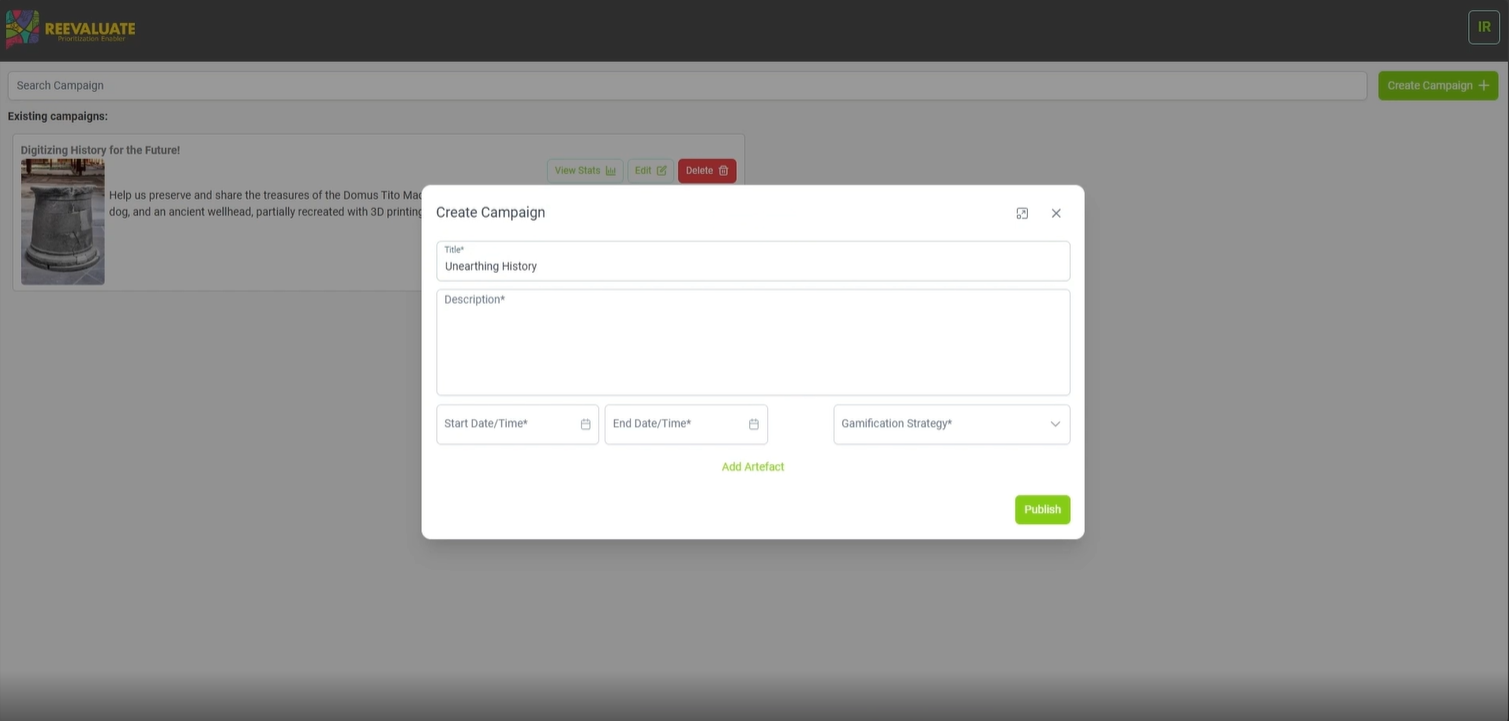
Key Features and Functionalities
The PSPE will be piloted with three REEVALUATE cultural heritage partners across Europe:
- Fondazione Aquileia (Italy): Bringing community-driven engagement to archaeological heritage in the ancient city of Aquileia.
- Olympic Museum (Greece): Exploring how public voices can shape digitization choices in sports and Olympic cultural heritage.
- MoMu Fashion Museum Antwerp (Belgium): Engaging the public in prioritizing iconic garments and accessories from one of Europe’s leading fashion heritage collections.
These pilots will test the PSPE in real-world social media campaigns, ensuring that it is practical for the curators, effective, and adaptable across different cultural domains.
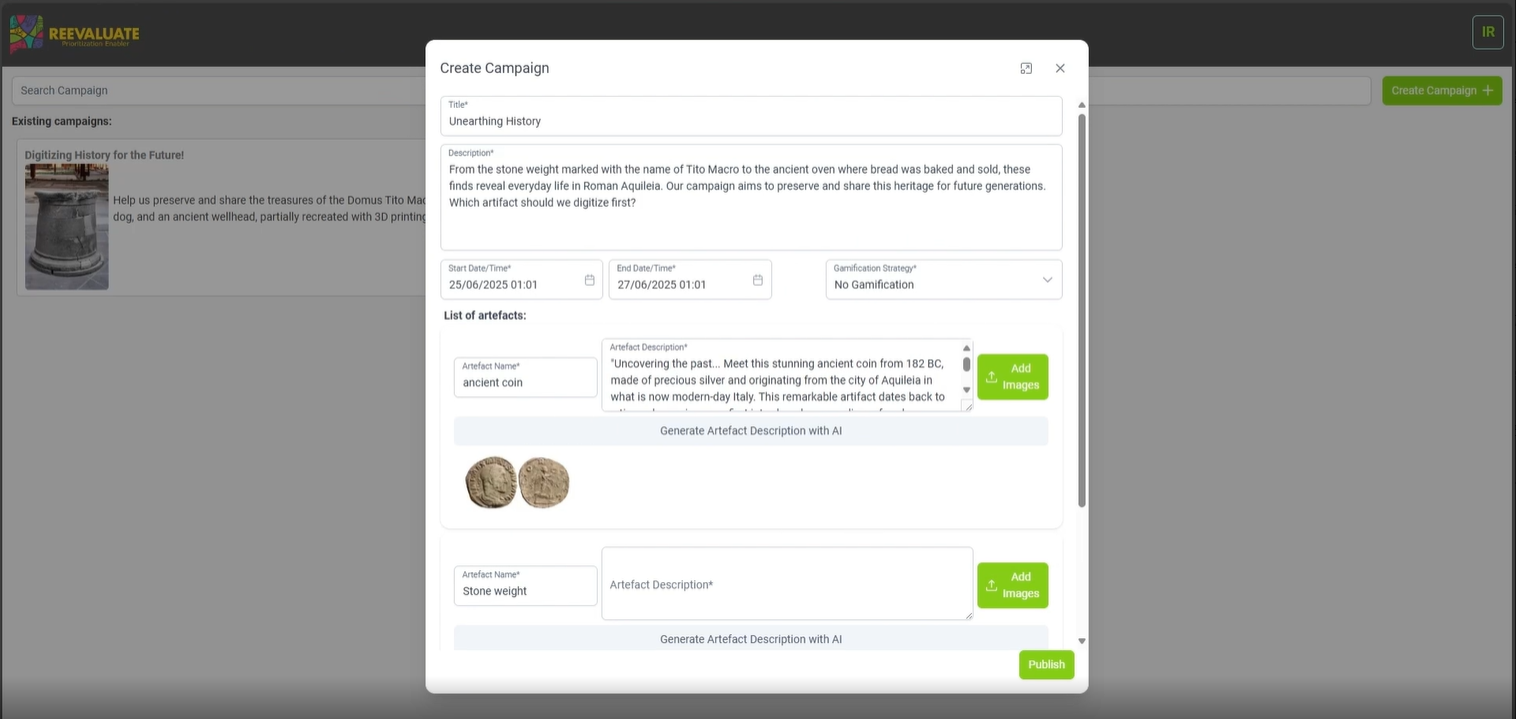
Key Features and Functionalities
Looking forward, the PSPE will guide the artefact digitization in the REEVALUATE project and become a cornerstone of participatory cultural heritage management. Its integration with the REEVALUATE Marketplace will ensure that artefacts highlighted by the public gain visibility for creative reuse in education, research, and cultural industries.
The PSPE embeds citizen voices in decision-making and demonstrates how technology can foster trust, inclusivity, and shared ownership in cultural heritage.
Discover REEVALUATE: https://reevaluate-project.eu/
Learn more about PSPE’s role in the project concept: https://reevaluate.eu/concept-approach/
Learn more about REEVALUATE’s pilots: https://reevaluate.eu/use-cases/
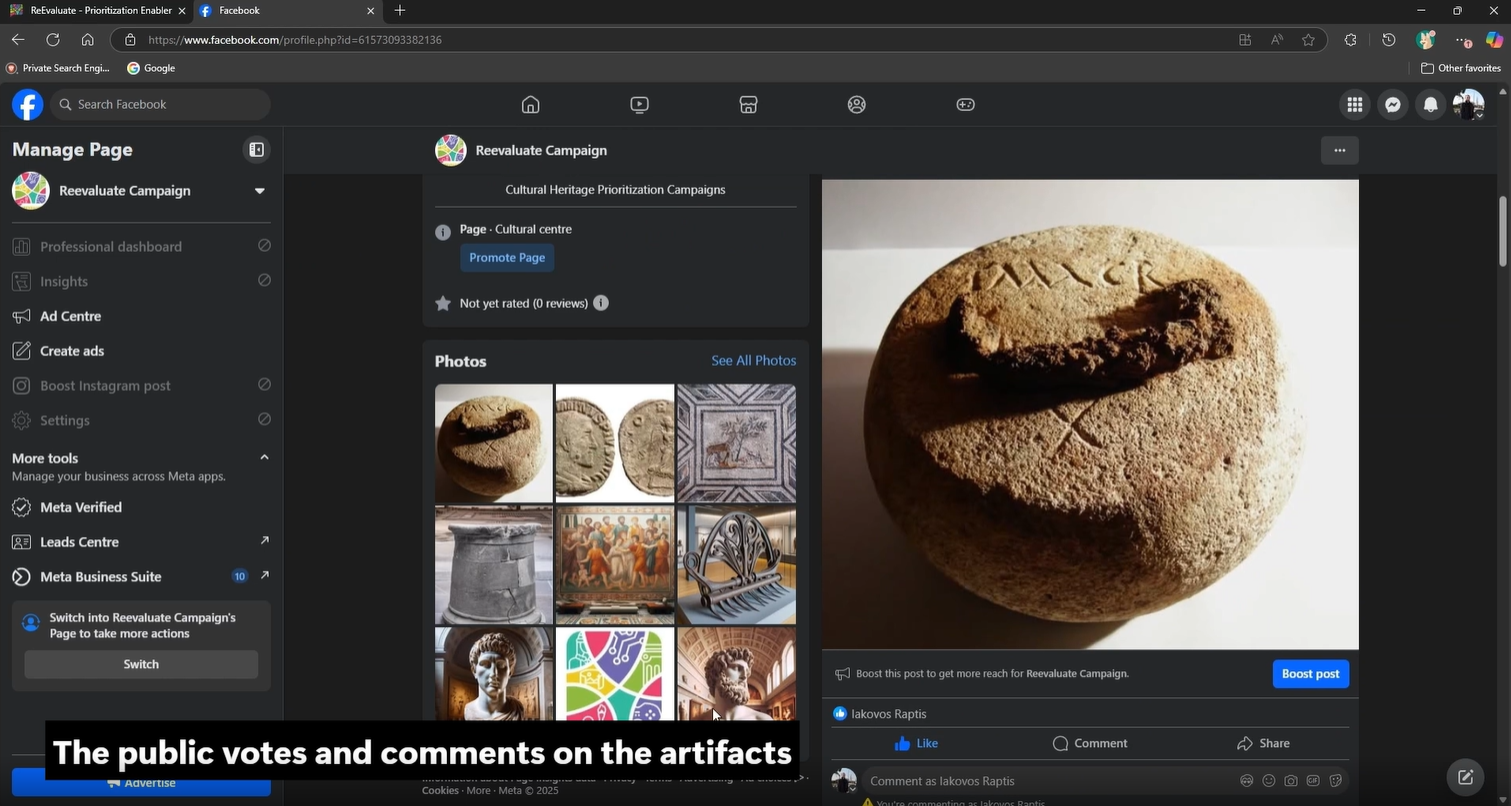
Disclaimer: Funded by the European Union. Views and opinions expressed are however those of the author(s) only and do not necessarily reflect those of the European Union or the European Research Executive Agency (REA). Neither the European Union nor the granting authority can be held responsible for them.
Related projects
Wish to see your
project come to life?
Just contact us. We’d love to discuss your needs, struggles, and goals, and come up with solutions that will make an impact on you and your target audience.
